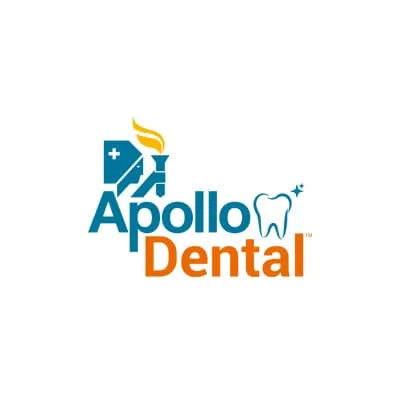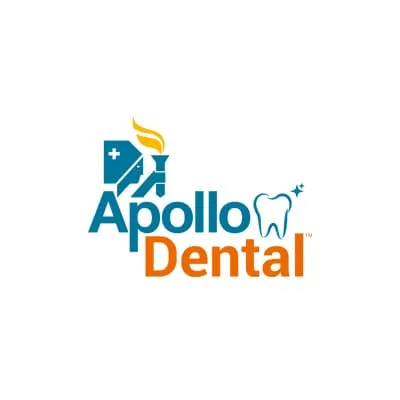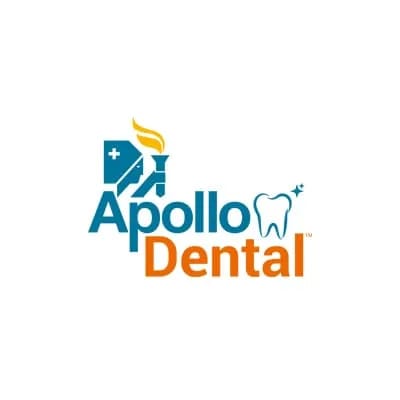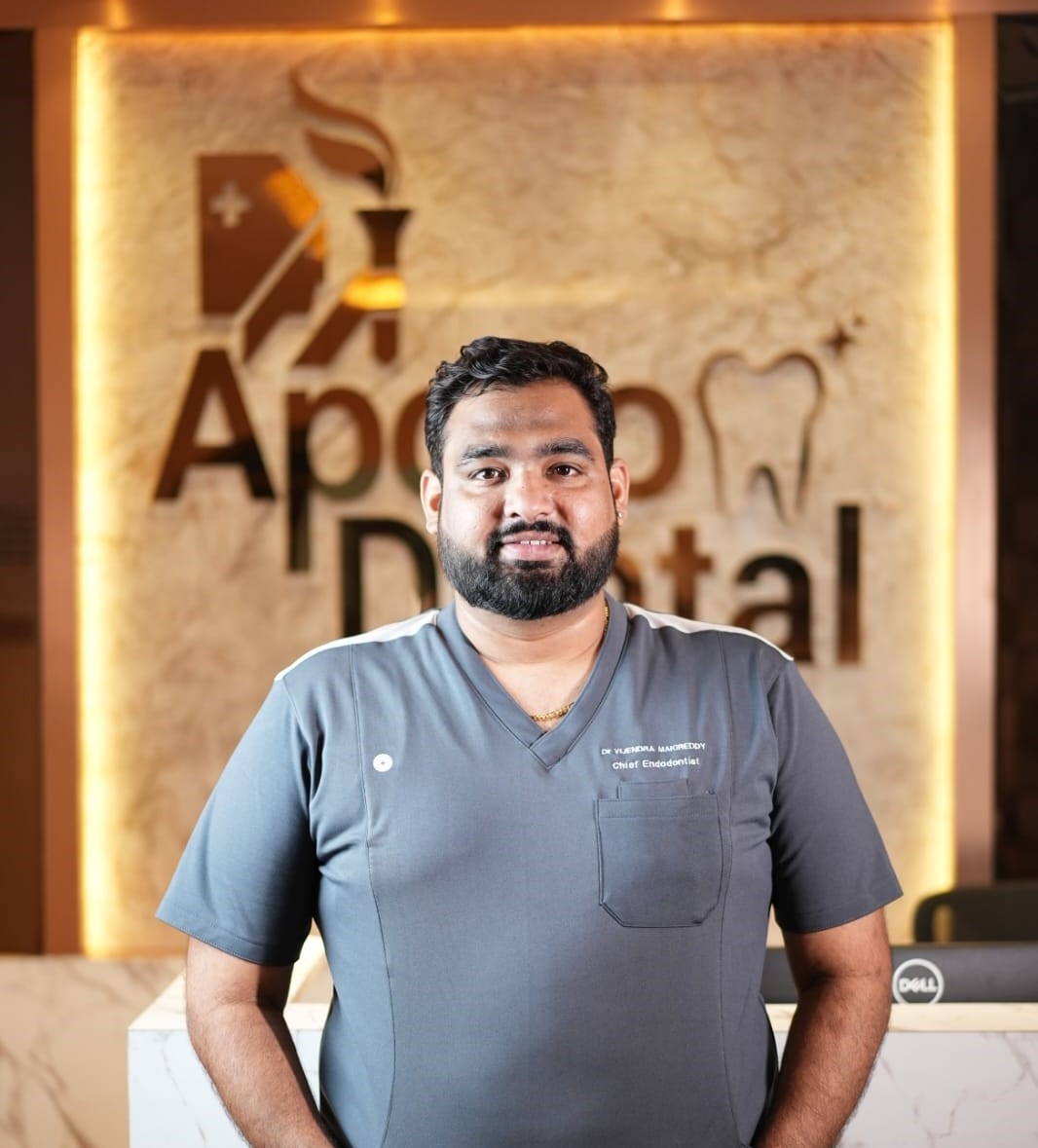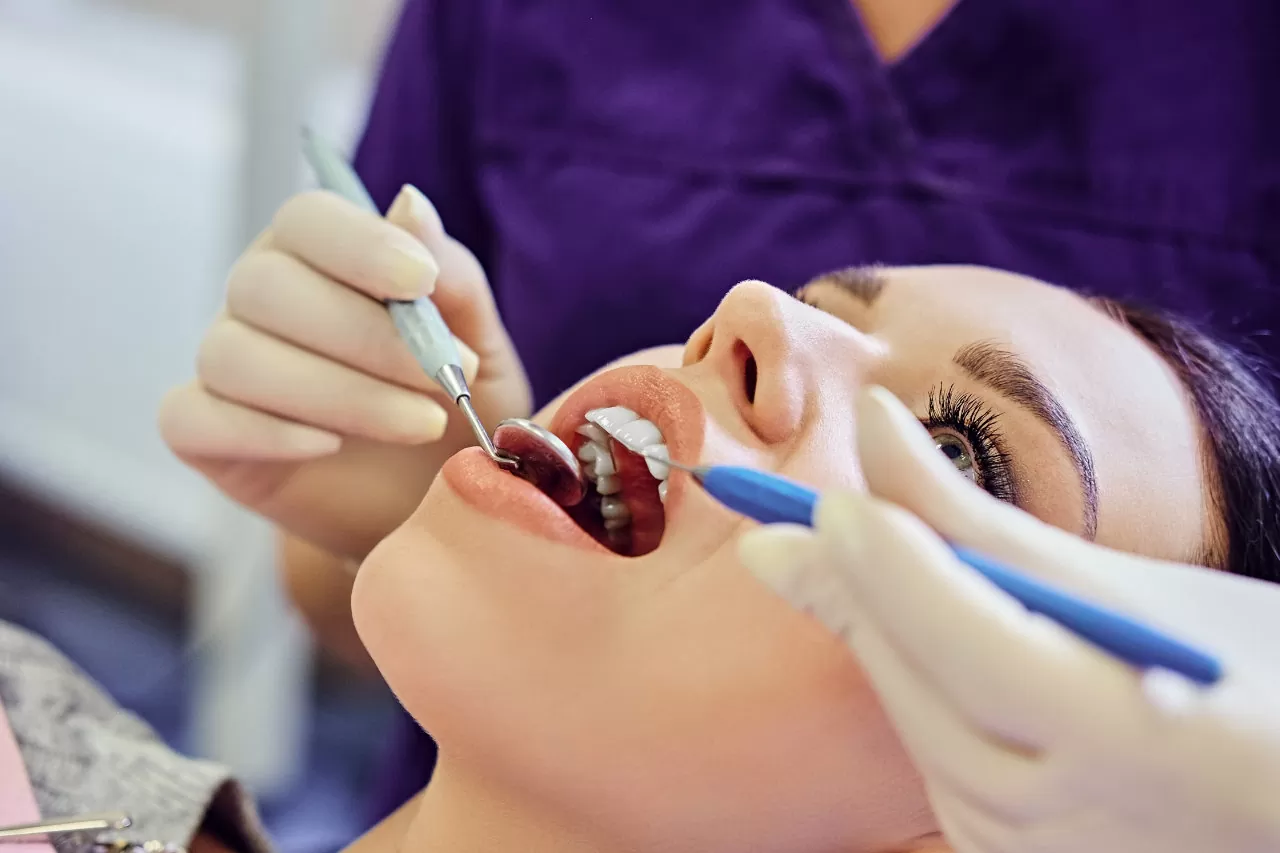
Conservative dentistry aims to conserve natural teeth by providing treatments to avoid tooth extraction of diseased or damaged teeth. Teeth malformations, cavities, and teeth affected by trauma are treated to recover their health and functionality.
About the procedure
Conservative dentistry aims to remove only damaged dental tissue and retain the healthy parts of the tooth, thereby preserving most of it. In addition, it is possible to recover the affected tooth’s health, functionality, and aesthetics. Endodontists are generally trained in conservative dentistry.
Who qualifies for the procedure?
People who qualify for conservative dentistry have damaged teeth but still have healthy tissue that can be preserved. The procedure is also indicated when there is a small or moderate amount of damage to the tooth.
It is unsuitable for advanced cases in which the tooth has been destroyed or has a large amount of damage.
Why the procedure is conducted
The main aim of the procedure is to save teeth that would otherwise be extracted.
This way, it is possible to keep the mouth healthy and functional and avoid complications such as tooth loss. Thus, one can also prevent the discomfort of having a gap in one’s teeth.
At Apollo Dental Clinic, our team of dental specialists will guide you to an endodontist you decide if conservative dentistry is the best option.
How the procedure is conducted
The procedure is conducted by first numbing the area with a local anaesthetic. This is done by injecting the numbing medication into the gum tissue.
Once the area is numb, the dentist will make an incision in the gum tissue to expose the tooth. Next, the dentist will use a drill to remove the decay from the tooth. Once the decay is removed, the dentist will fill the tooth with a filling material.
Finally, the endodontist will close the incision with stitches.
Apollo has the best d nai, particularly an endodontist. You can book an appointment with us to get the best treatment.
Different types of conservative dentistry
The treatment required for conservative dentistry differs greatly depending on the problem presented by each patient.
In general, the applied treatments are the following:
- Dental filling or filling in case of shallow caries
- Endodontics, in case of deep caries
- Dental reconstruction with end crowns
- Dental reconstruction with crowns
Benefits
In addition to retaining natural teeth, other advantages that the patient obtains are:
- Less invasive procedures
- Time-saving
- Recovery of health, functionality, and aesthetics of the mouth
- Lower cost
Risks or complications
Although it is a low-risk treatment, it is always important to be aware of the possible complications. The most common are:
- Allergic reactions to materials used in the procedure
- Infections
- Nerve damage
- Pain or discomfort during or after the treatment
- Problems with the bitten, such as the feeling of teeth not resting well
That is why it is essential to visit a qualified dental specialist who can inform you about all the possible risks of the treatment.
The conservative dentistry clinic at Apollo Dental Clinic is the best dental clinic in Chennai. You can search for the best dental clinic near me on the internet and find us.
The recovery time from conservative dentistry is usually short. However, this may vary depending on the type of treatment received. Consult with your dental specialist for more information
The cost of conservative dentistry depends on the problem presented by each patient. Consult with the best dentist in Chennai for an accurate estimate.
Local anaesthesia is used to numb the area during conservative dentistry. This means that you will not feel any pain during the procedure. However, you may feel some discomfort afterwards. This is normal and should resolve within a few days.
Dental fillings are the most indicated treatment for small holes in teeth. In this treatment, the dentist removes the decay from the tooth and fills it with a filling material.
Conservative Dentistry – Preserving Teeth Doctors in Chennai
B.D.S & M.D.S...
| Experience | : | 14 Years Experience |
|---|---|---|
| Speciality | : | Conservative Dentistry/Root Canal Specialist/Endodontics/Endodontist... |
| Location | : | Adyar |
| Timings | : | Mon - Sat : 5:00 PM ... |
MDS...
| Experience | : | 2 Years Experience |
|---|---|---|
| Speciality | : | Endodontics... |
| Location | : | MRC Nagar |
| Timings | : | Mon - Sat : On Call... |
MDS...
| Experience | : | 17 Years Experience |
|---|---|---|
| Speciality | : | Endodontics... |
| Location | : | MRC Nagar |
| Timings | : | Mon - Sat : On Call... |
BDS, MDS...
| Experience | : | 3 Years Experience |
|---|---|---|
| Speciality | : | Endodontics... |
| Location | : | Perumbakkam |
| Timings | : | Mon - Sun : 9:00 AM ... |
B.D.S, M.D.S...
| Experience | : | 12 Years Experience |
|---|---|---|
| Speciality | : | Endodontics... |
| Location | : | Anna Nagar |
| Timings | : | Mon to Sat: 9:00 AM ... |
MDS...
| Experience | : | 4 Years Experience |
|---|---|---|
| Speciality | : | Endodontics... |
| Location | : | Kolathur |
| Timings | : | Mon - Sat : 11:00 AM... |
BDS, MDS...
| Experience | : | 4 Years Experience |
|---|---|---|
| Speciality | : | Conservative Dentistry/Endodontics... |
| Location | : | Alwarpet |
| Timings | : | Mon to Sat : 9:00 AM... |
BDS FDS (Endodontics...
| Experience | : | 6 Years Experience |
|---|---|---|
| Speciality | : | Endodontics... |
| Location | : | KNK Nungambakkam |
| Timings | : | Mon to Sat : 9:30 AM... |
BDS FDS (Endodontics...
| Experience | : | 6 Years Experience |
|---|---|---|
| Speciality | : | Endodontics... |
| Location | : | Apollo One - Greams Road |
| Timings | : | Mon to Sat : On Call... |
BDS, MDS...
| Experience | : | 15 Years Experience |
|---|---|---|
| Speciality | : | Endodontics... |
| Location | : | Alwarpet |
| Timings | : | Mon - Sat : On Call... |




